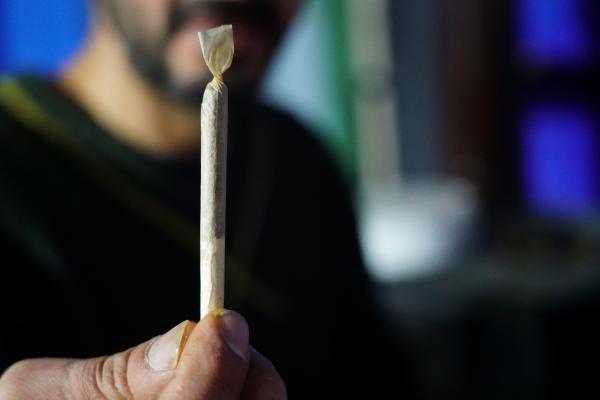Cannabis use is rising, so it is logical to ask whether second-hand smoke from weed has the same harmful impact on asthma as tobacco. The research is an ecological study; it looks at large groups, not individuals, seeking patterns – it is an exploration. Apply grains of salt as you will. The study estimated the prevalence of pediatric asthma from 2011 to 2019 and then matched that data with each state's policy on marijuana, along with age, gender, and race/ethnicity.
The data came from 227, 451 non-institutionalized US children reported in the National Survey on Children’s Health (NSCH). The survey is weighted to reflect the US population. In this instance, the median age was 8.5, and roughly 20% of these children lived below the federal poverty guidelines.
- The prevalence of pediatric asthma decreased nationally over the 2011-2019 timeframe, from 8.9% to 7.8% - roughly a 12% reduction.
- Pediatric asthma decreased more in states where cannabis was illegal than in states with medical or recreational use. There was no statistical difference in the prevalence of asthma between those medical and recreational states.
- Asthma increased among those children 12 to 17 and, as might be expected, more so in states with laws allowing cannabis.
- All ethnicities experience increases in asthma in states with recreational marijuana laws. This was most pronounced for Hispanic youth.
Caveats first. This is an exploration of the population, and we can draw no conclusions regarding the prevalence of childhood asthma and marijuana regulation, let alone second-hand marijuana smoke. There was no adjustment for cigarette smoking, a critical driver of respiratory disease. And we have no information on whether cannabis was smoked, vaped, or ingested.
At best, we can agree with the researchers’ statement:
"In sum, our results provide preliminary evidence suggesting that legalization of adult cannabis use may be related to increasing asthma prevalence, especially among older youth and those who identify as members of some minoritized race/ethnicity groups, at the state-level."
Here is an interesting fact to consider, according to the CDC, while roughly 17% of people in the US smoke tobacco, 21% of individuals with asthma do, despite tobacco being a recognized driver of asthma severity. While what came first is a bit of a chicken-egg dilemma, it is certainly possible that the prevalence of asthma in the 12-17 age group is related to their smoking, be it weed or tobacco.
There is value in determining the subtle risks of cannabis use, especially since the cannabis legalization train has long left the station. But it will require more than researchers using already collected survey data, and it would be fruitful to see them looking for impacts in addition to the tried and true “second-hand smoke” concerns.
As a medical reminder, asthma is not a well-defined disease. There are variations in “asthma severity, age-of-asthma onset, allergic vs. non-allergic phenotypes and type of airway inflammation.” There are “as many as 60 different definitions of “childhood asthma” in 122 published studies, so apple vs. oranges comparisons are built into our current understanding, as are significant variations on asthma’s prevalence.
Source: Cannabis legalization and childhood asthma in the United States: An ecologic analysis Preventative Medicine DOI: and childhood asthma in the United States: An ecologic analysis, Preventive Medicine DOI: 10.1016/j.ypmed.2022.10741




